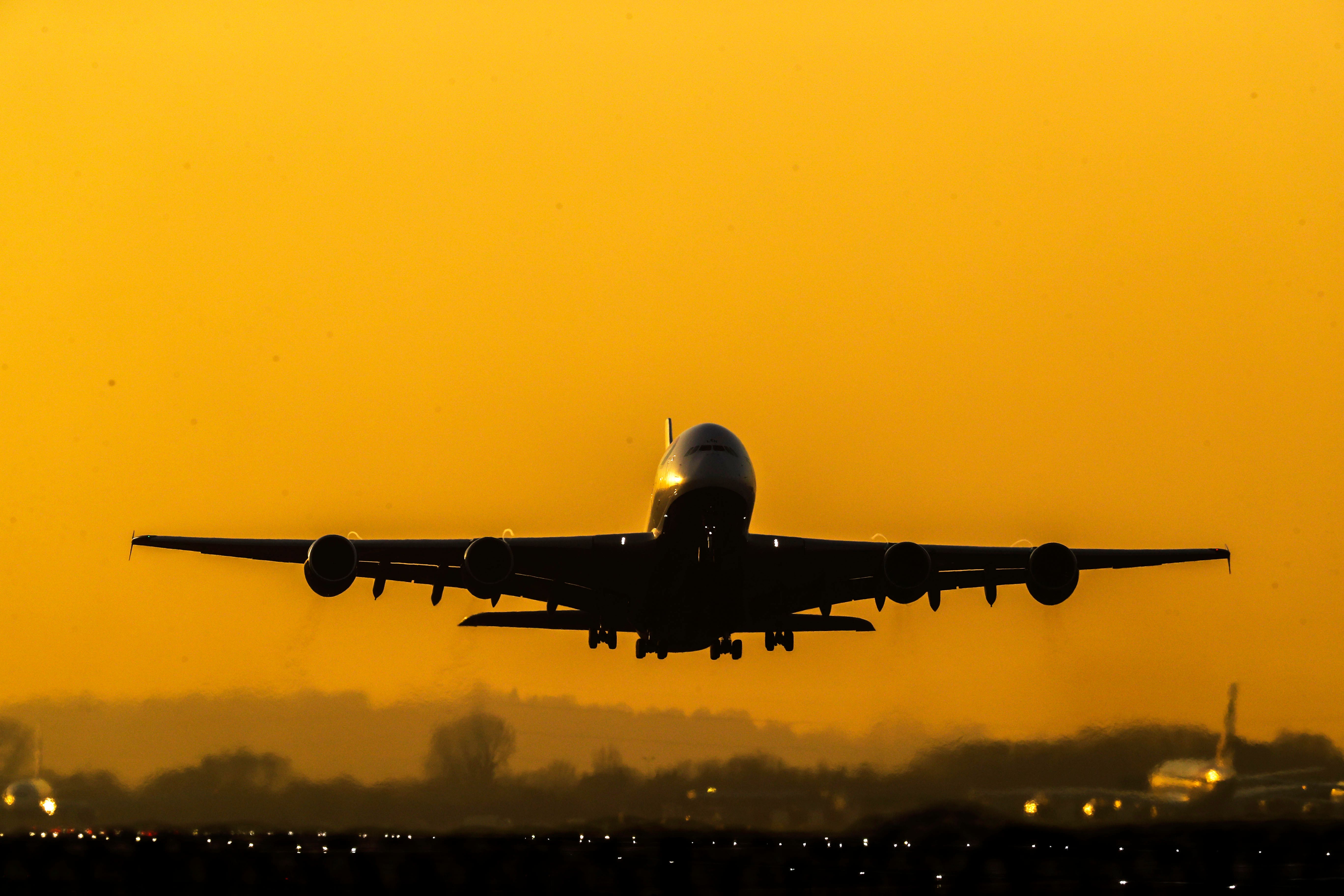British Airways’ green fuel project wins Government backing
The airline expressed hope that the investment will ‘help establish the UK as a world-leader’ in the production of sustainable aviation fuels.

A partnership involving British Airways to develop lower carbon aviation fuels has secured a share of new Government funding.
The airline expressed hope that the investment will “help establish the UK as a world-leader” in the production of sustainable aviation fuels (Saf).
Project Speedbird – the carrier’s joint partnership with green fuel businesses Nova Pangaea Technologies and LanzaJet – secured a total of £9 million from the Government’s Advanced Fuels Fund (AFF) competition.
Saf is produced from sustainable sources such as agricultural waste and used cooking oil.
It cuts carbon emissions by up to 70% compared with traditional jet fuel, but is currently several times more expensive to produce.
Project Speedbird is aimed at producing 102 million litres of Saf per year.
This would decrease CO2 emissions by 230,000 tonnes, which British Airways said is equivalent to around 26,000 domestic flights.
Some £53 million was shared by a total of nine projects in the latest round of the AFF competition to support the development of Saf in the UK.
Under the Department for Transport’s Saf mandate, at least 10% of the fuel used by airlines in the UK must be made from sustainable feedstocks by 2030.
Transport Secretary Mark Harper said: “The investment we’re announcing today demonstrates our confidence in the UK’s Saf industry – creating jobs, encouraging overseas investment and levelling up communities across the whole country.
“Thanks to this Government’s backing, the UK is quickly becoming a Saf superpower – ensuring people can continue to travel how they want, in a way that’s fit for the future.”
The UK has the potential to become a leader in the production of Saf, and this pioneering project is one step closer to this becoming a reality
The development of Saf is seen as vital to reduce the aviation industry’s carbon emissions.
Several airline and airport bosses have expressed concern that the UK risks falling behind other nations in developing production facilities.
The US has introduced a tax credit scheme to lure investors in Saf production.
There have been calls for the UK Government to introduce a mechanism which would reduce the difference in price between Saf and traditional jet fuel.
Following the AFF funding announcement, British Airways director of sustainability Carrie Harris said: “Sustainable aviation fuel will play a critical role in meeting our net-zero targets and is currently the only realistic low carbon solution for long-haul flights, so it is vital that we continue to invest and develop Saf technology in order to create enough supply.
“We welcome the Government’s investment and continued support in Project Speedbird which represents landmark new technology for UK Saf supply.
“The UK has the potential to become a leader in the production of Saf, and this pioneering project is one step closer to this becoming a reality.”
Virgin Atlantic will operate the first transatlantic flight powered by 100% Saf from London Heathrow to New York JFK on November 28.
The flight is aimed at demonstrating the effectiveness of the fuel.
Saf can currently be used in jet engines to a maximum blend of 50% with kerosene without the need for any modifications.